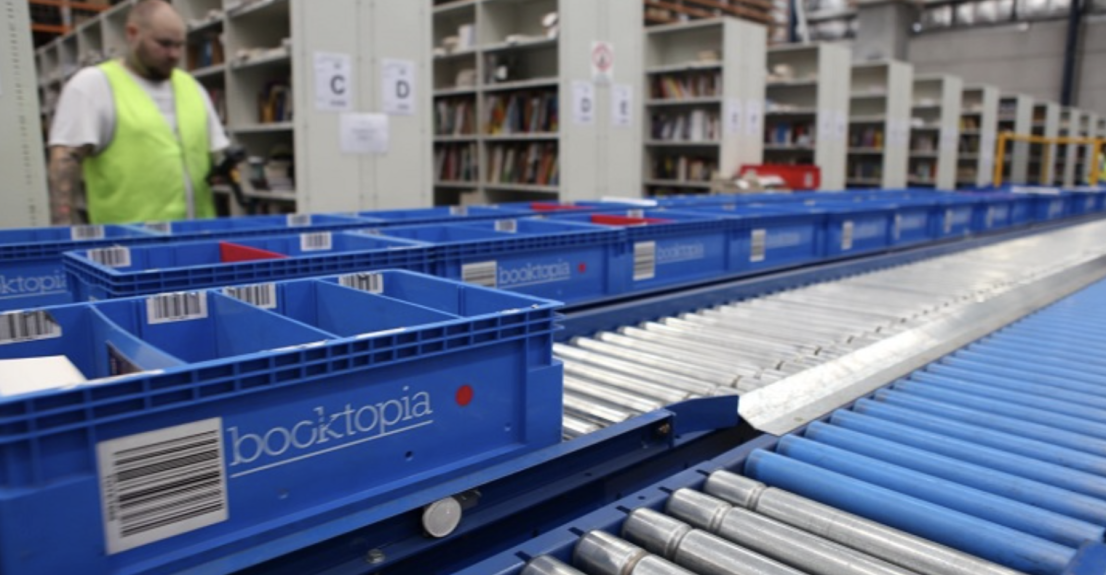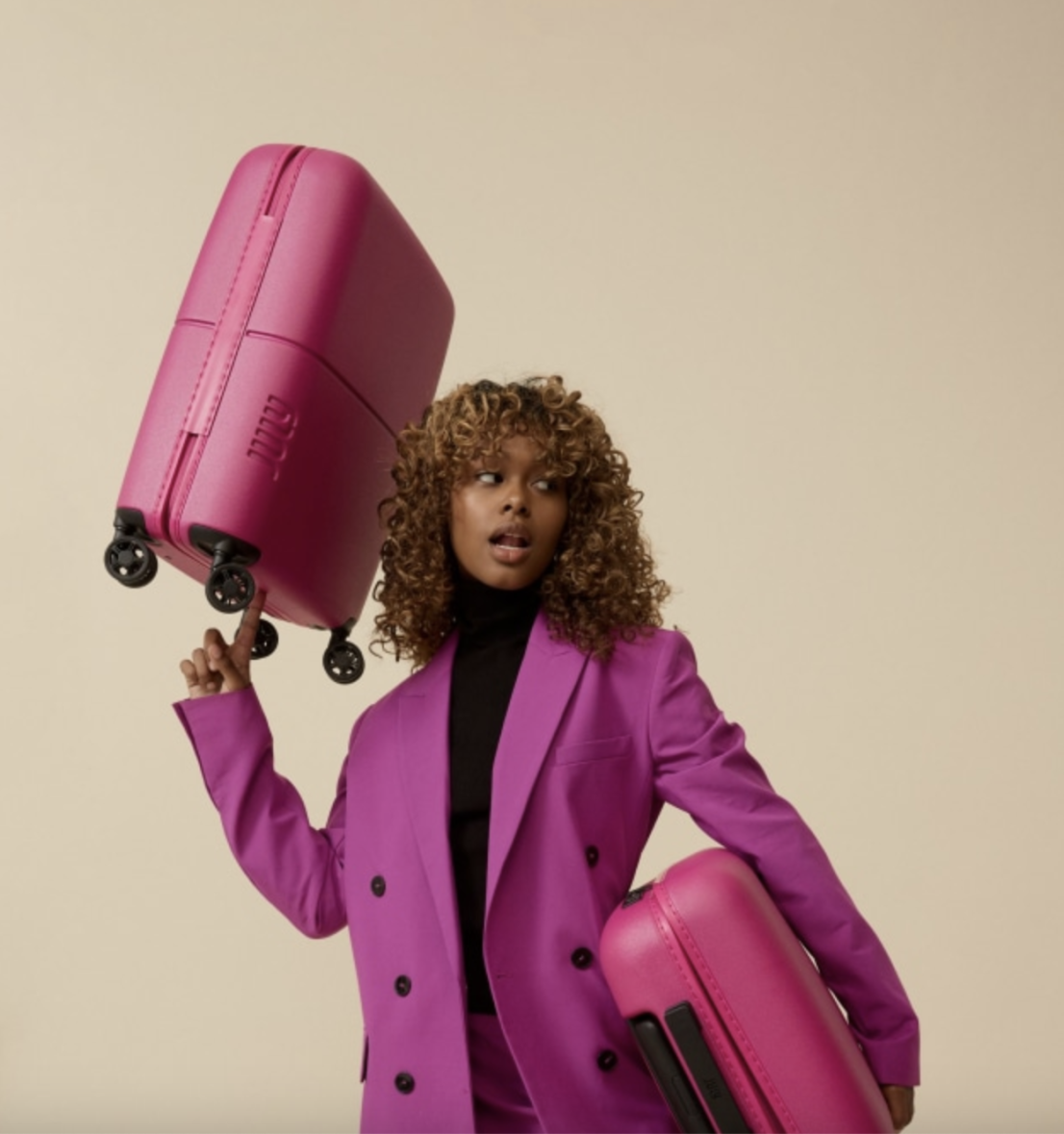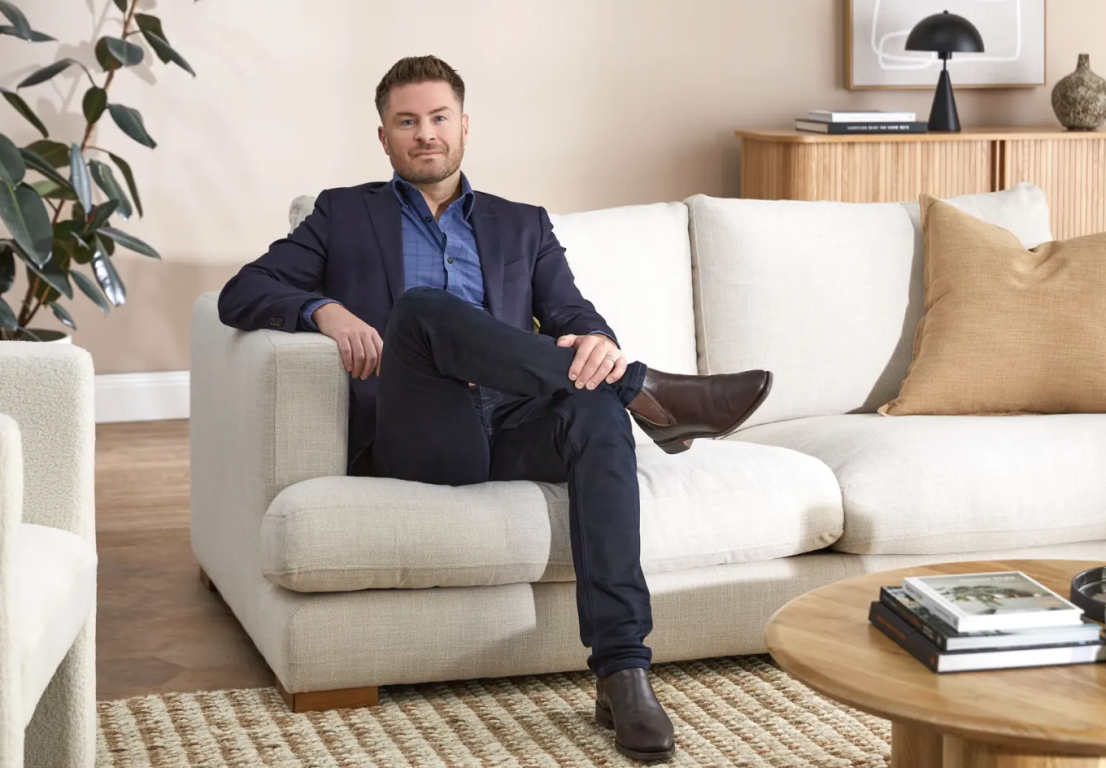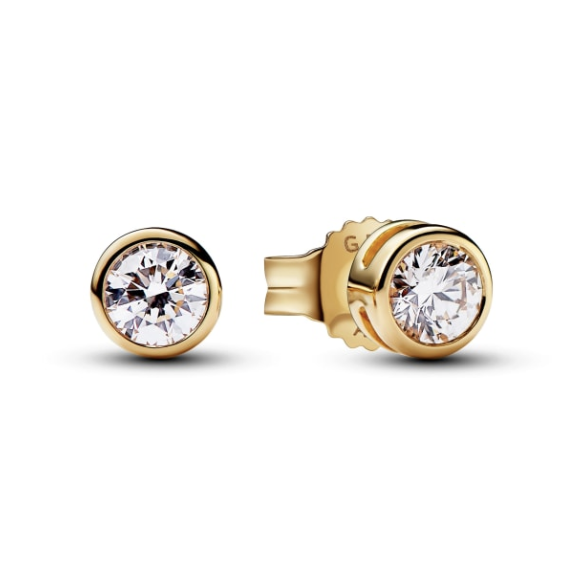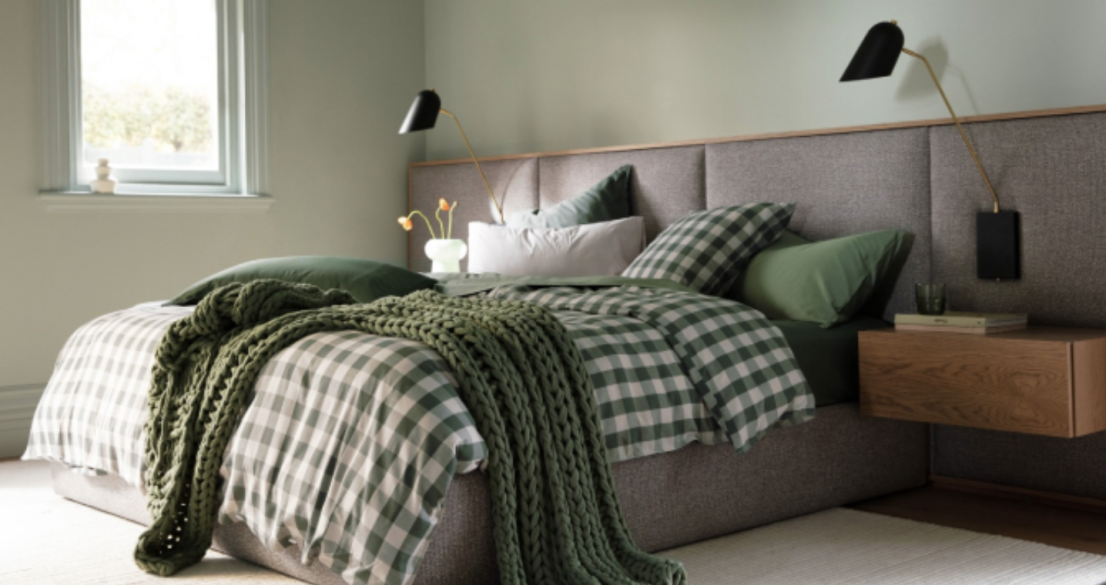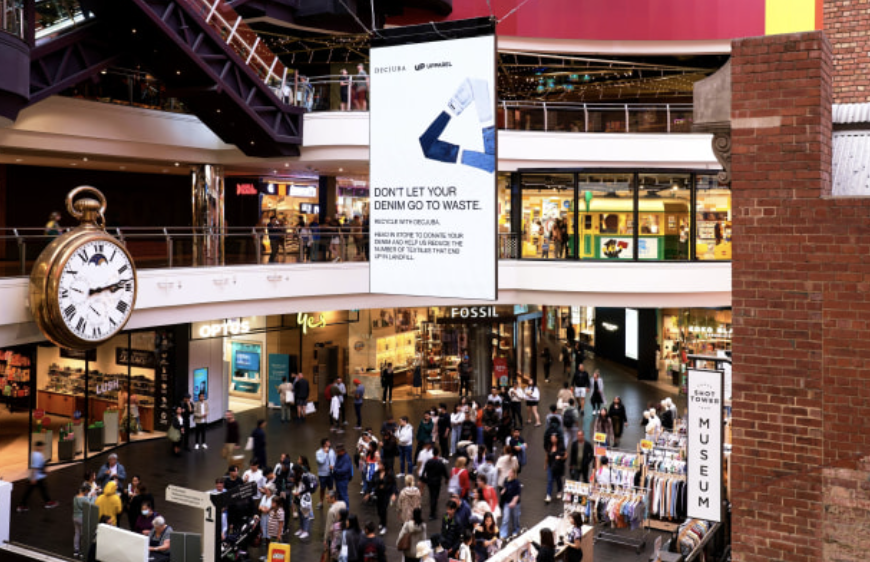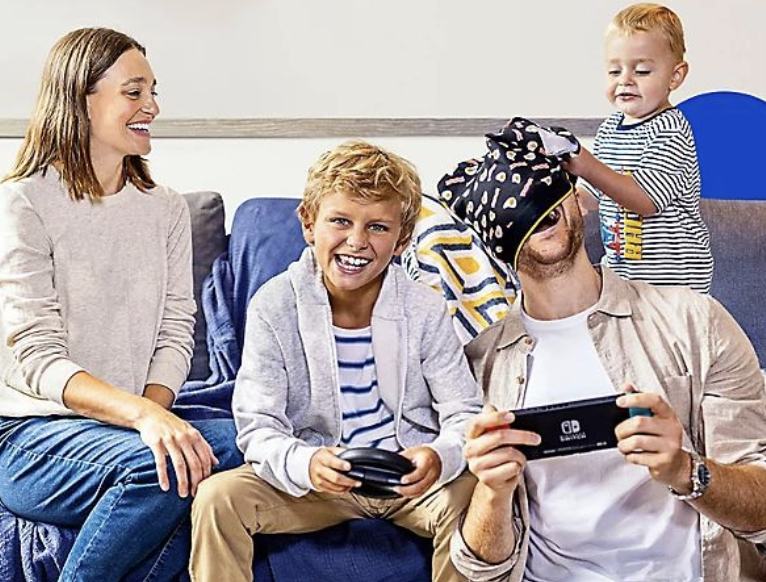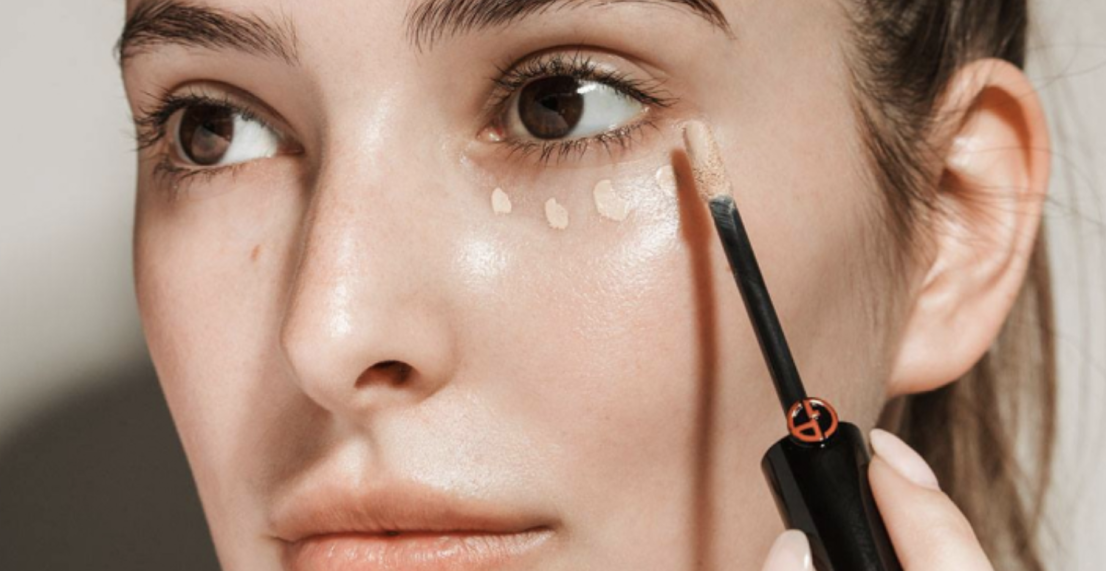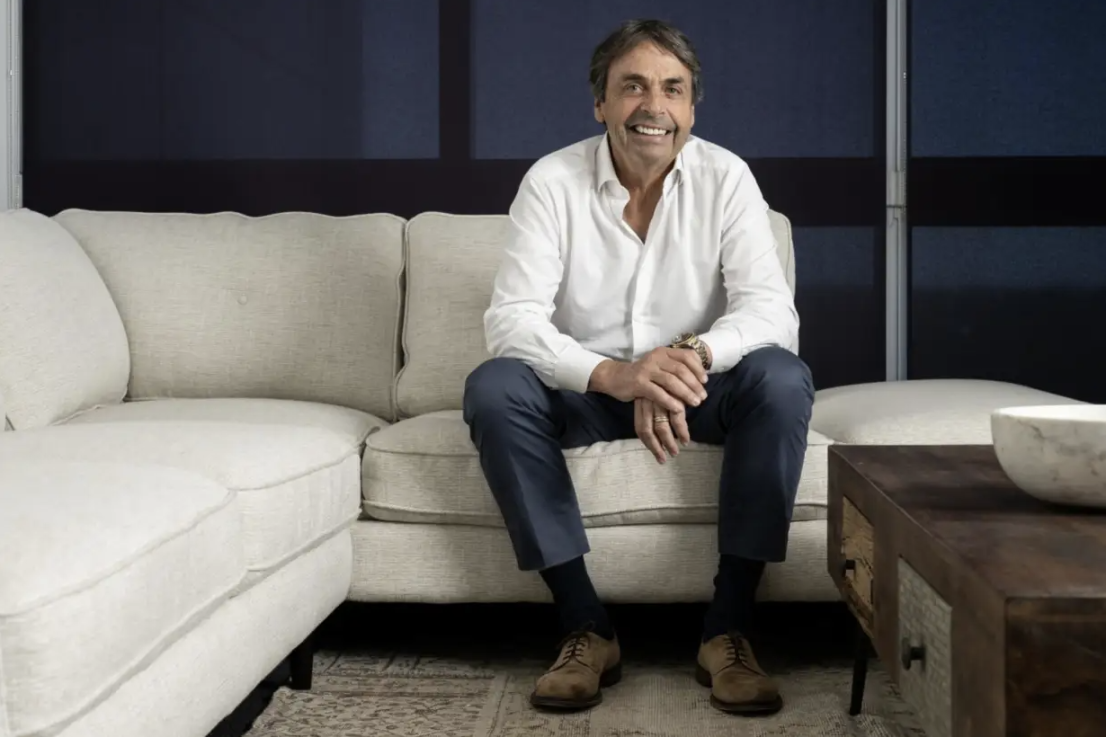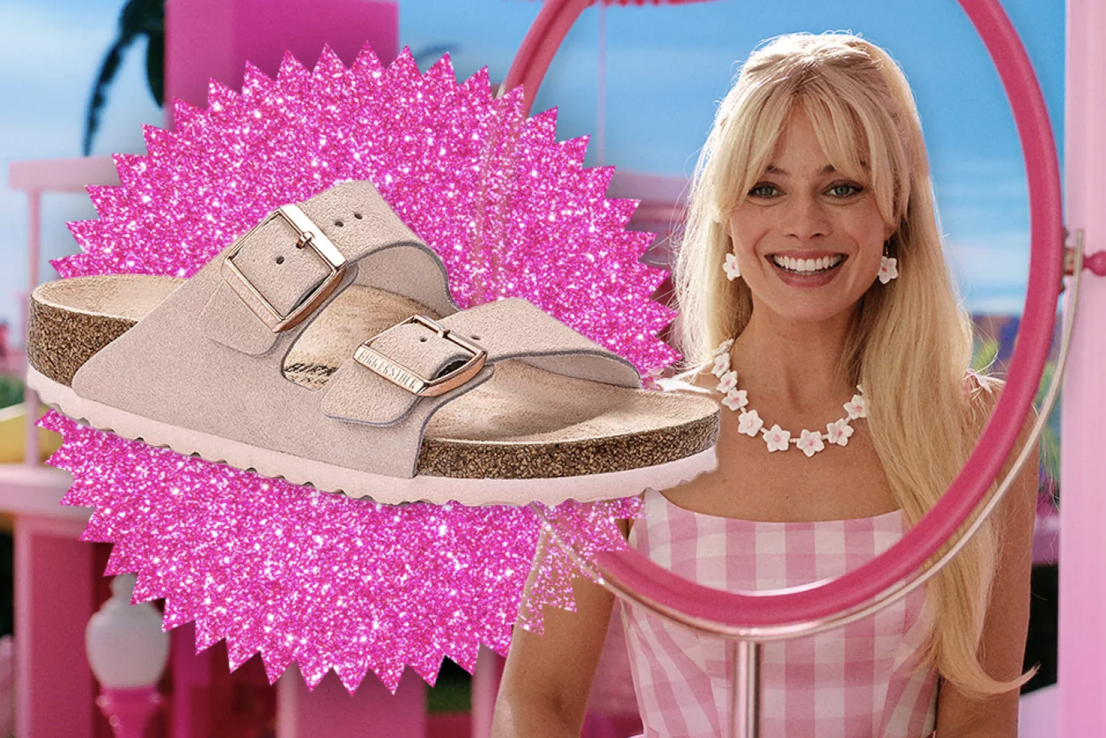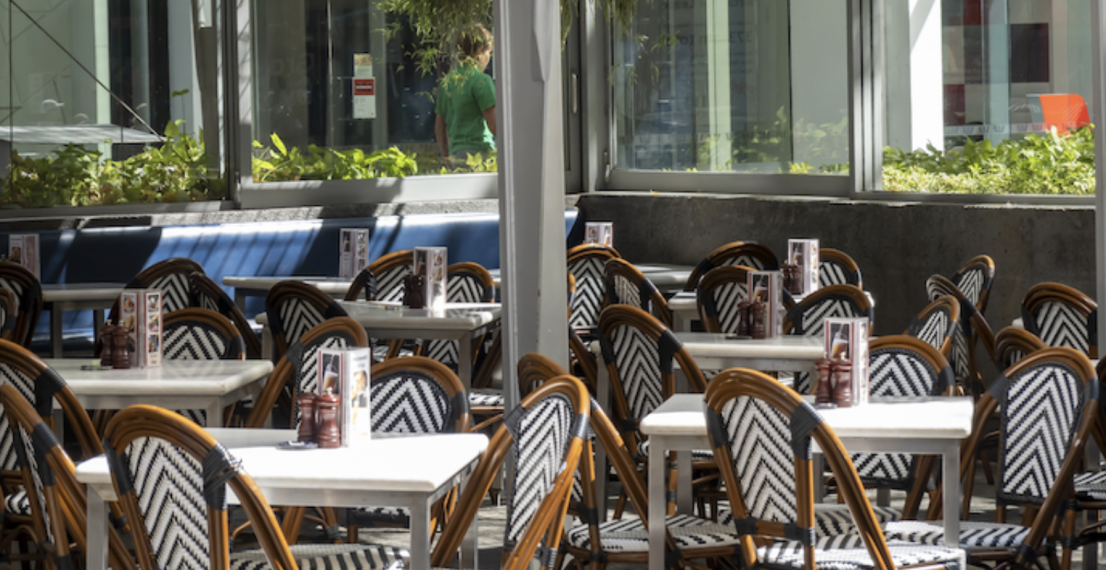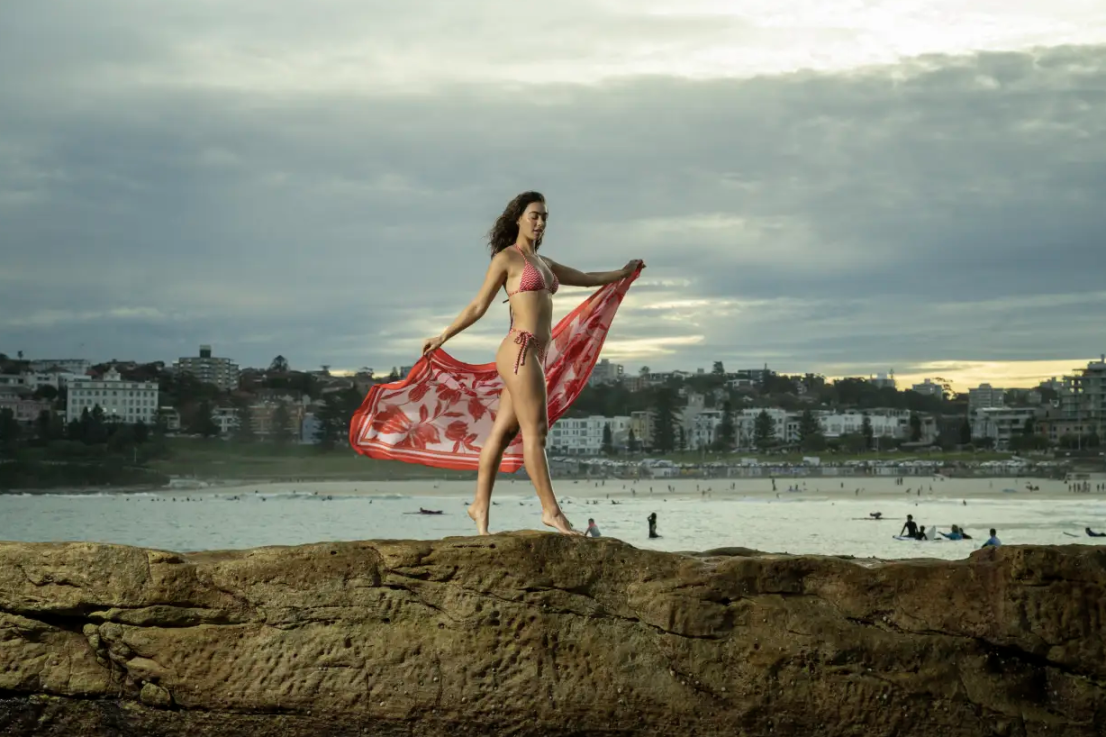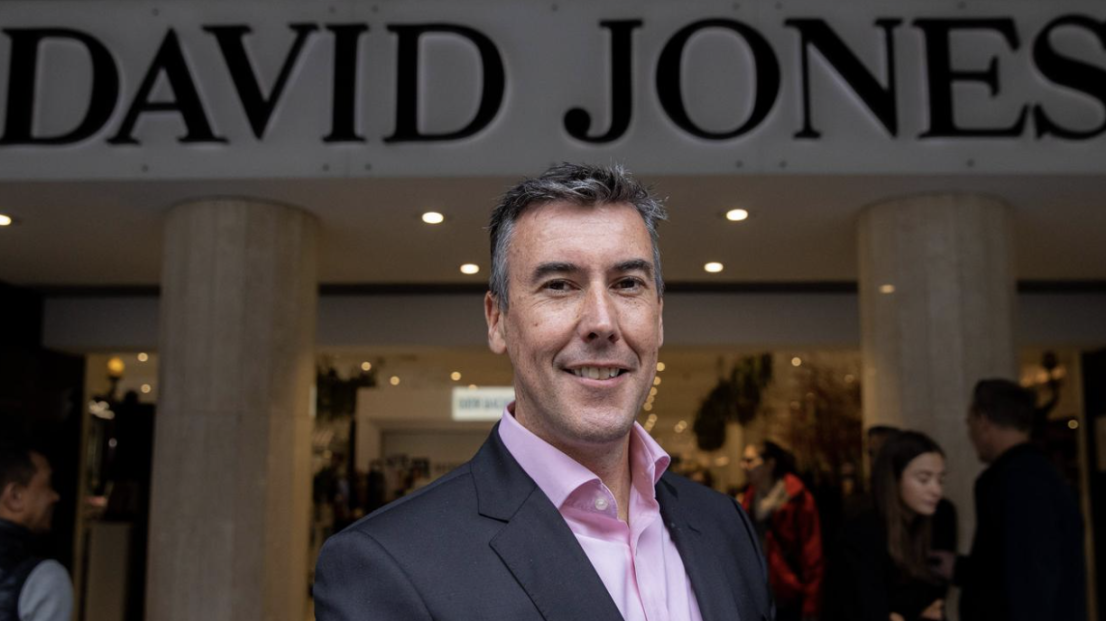
David Jones is “very profitable” under the ownership of private equity firm Anchorage Capital and is preparing for what could be the largest Spring Racing carnivals period post Covid-19, boss Scott Fyfe said.
“We think particularly men will buy into Spring Racing this year more than they have in the past,” he said
Mr Fyfe said David Jones had rebounded strongly from a sales dive over June to enter July with the wind in its sails from a highly effective seasonal sale, good cost control and a “good profit number” as shoppers continue to buy luxury fashion and apparel despite elevated interest rates.
“We are really optimistic about the consumer,” Mr Fyfe told The Australian as David Jones’ former owner, South Africa’s Woolworths Holdings, on Wednesday issued its latest financial results that included ownership of the retailer.
“I can tell you that investment (consumers buying) into luxury and premium continues to be really strong.”
He said he was ‘optimistic’ about the next few months of major events including Father’s Day, Spring Racing coming and the run into Christmas.
The boss of the 185-year old department store said he believed the Reserve Bank would now pause its interest rate tightening.
He said raised hopes that the central bank would actual lower rates would give the retail sector and consumers the perfect run into Christmas.
“We would be optimistic that interest rates have hit the ceiling,” he said.
“We very would like to see them come down, because that will increase consumer confidence and allow people to invest and spend money as we go into the key Christmas peak.”
The accounts from Woolworths Holdings revealed David Jones sales for the nine months of its ownership fell 11.3 per cent relative to the statutory twelve-months reported in the prior year. Turnover and concession sales on a comparable nine-month basis increased by 23.6 per cent, and by 21 per cent in comparable stores.
The adjusted operating profit for David Jones over those nine months was $140.8m, according to the Woolworths Holdings accounts.
The documents also reveal, for the first time, the actual sale price of David Jones when it was sold by Woolworths Holdings to Anchorage, with the department store sold for $95m and Woolworths Holdings recognising a profit on that disposal of $35m.
“We have had a continued strong performance from stores, a good performance from online,” Mr Fyfe said, although he declined to disclose the actual sales and profit performance of David Jones for the last three months under Anchorage ownership.
“David Jones is very profitable,” he said.
David Jones was sold earlier this year to private equity with the department store’s boss Mr Fyfe kept on by the new owners to lead the retailer.
In June, The Australian revealed leaked David Jones sales data that underlined the rising danger to the retail sector as consumers reined in spending, with David Jones stores experiencing double-digit sales collapses – some as much as 30 per cent.
Those leaked sales spreadsheets showed widespread falling sales across its flagship stores as well as suburban and regional centres between June 4 and June 10. It included sales for David Jones’ Warringah Mall store in Sydney (down 20.54 per cent year on year), and in Melbourne’s Highpoint shopping centre (down 20.16 per cent), while at Eastland David Jones, on the fringes of eastern Melbourne, sales were down 38.96 per cent compared with the same period last year.
But on Wednesday Mr Fyfe said since its mid-season slide, sales had recovered and it was investing in stores and customer service.
“Our investment into stores has driven our progress in stores, particularly in Elizabeth Street (Sydney CBD) and Bourke Street (Melbourne CBD) which has been outstanding.
“(I am) really pleased where we have got to on a sales-profit perspective there.”
Mr Fyfe said under the ownership of Anchorage, David Jones had now also negotiated all ‘change of control’ leases with all its landlords.
Earlier there were reports that one of its most important landlords, the ASX-listed Scentre, had raised some concerns about the change of control which, unless resolved, could have triggered a breach of lease agreements and seen David Jones potentially locked out of its stores.
He said David Jones was investing in almost a dozen of its biggest stores, which was part of the change of control negotiations with some of its landlords.
Woolworths Holdings still owns Country Road Group, which has a stable of brands including Country Road, Mimco, Politix, Trenery and Witchery.
For fiscal 2023 Country Road Group sales grew by 12.4 per cent in comparable stores. Adjusted operating profit increased by 25.6 per cent to $151m.
